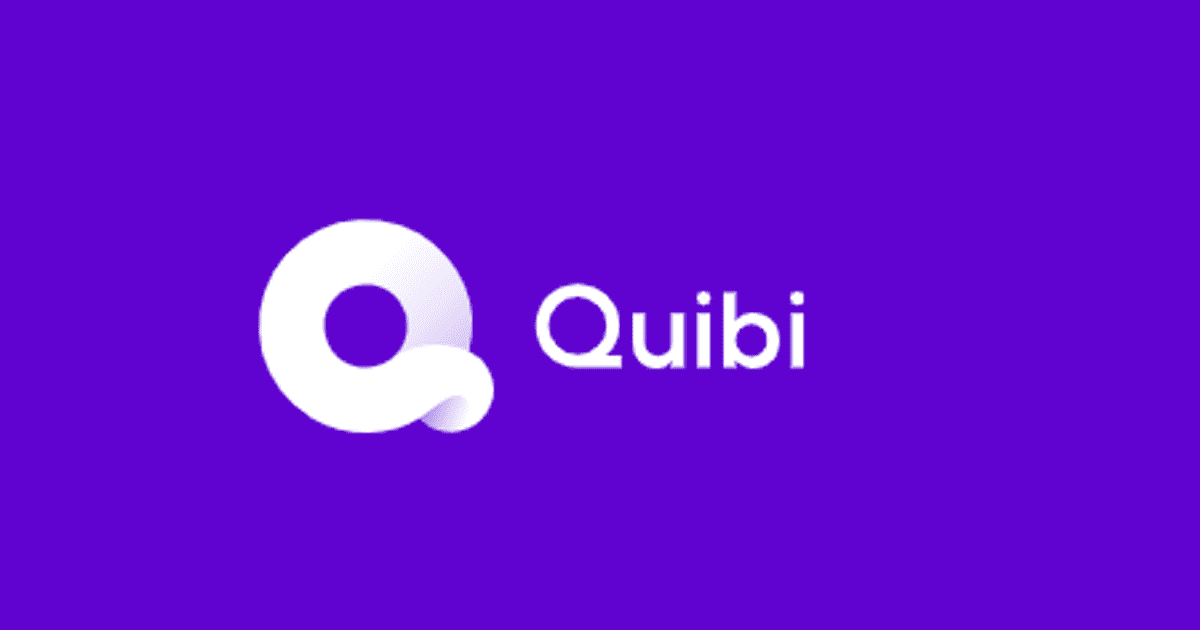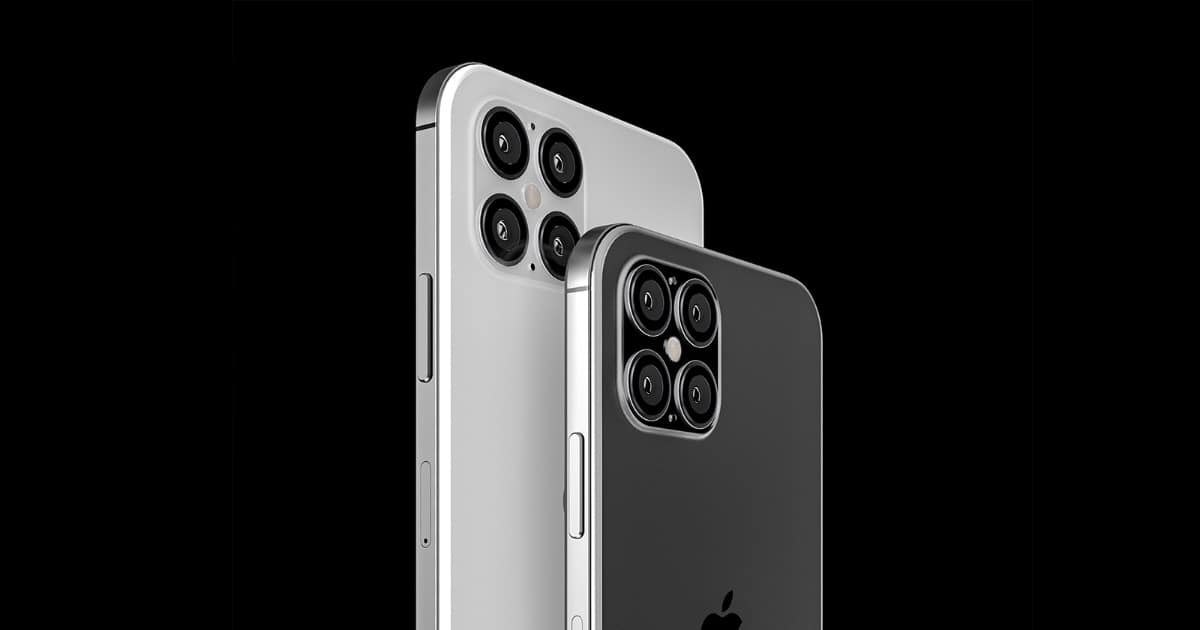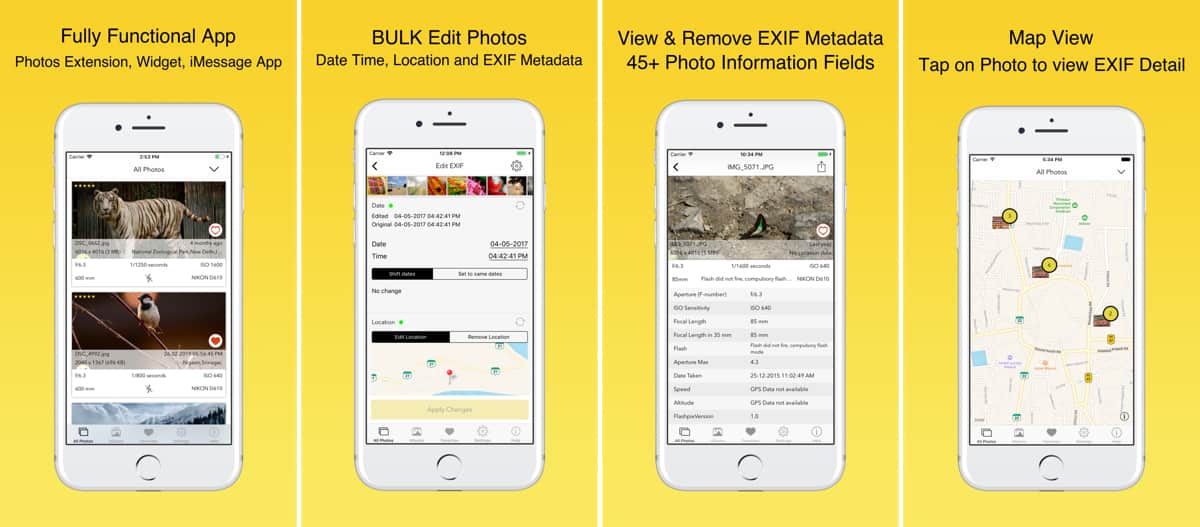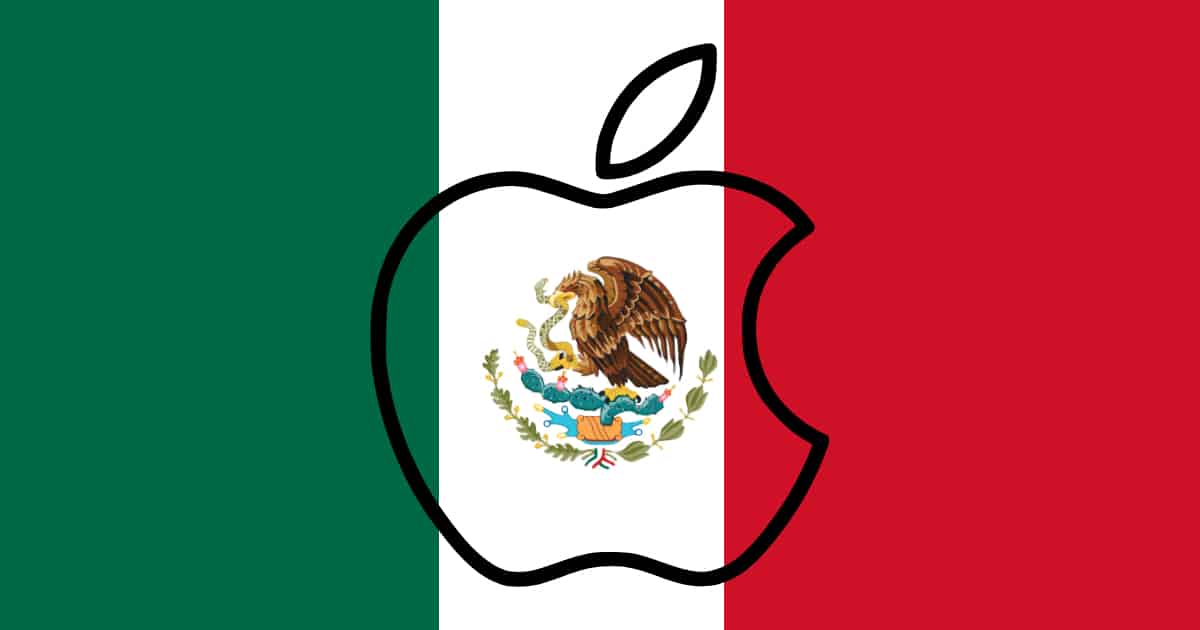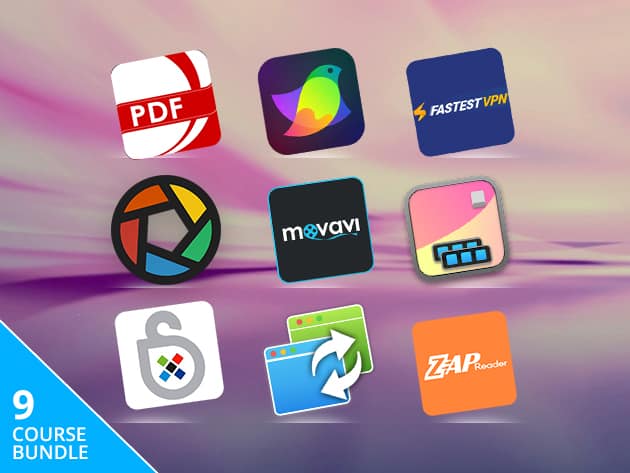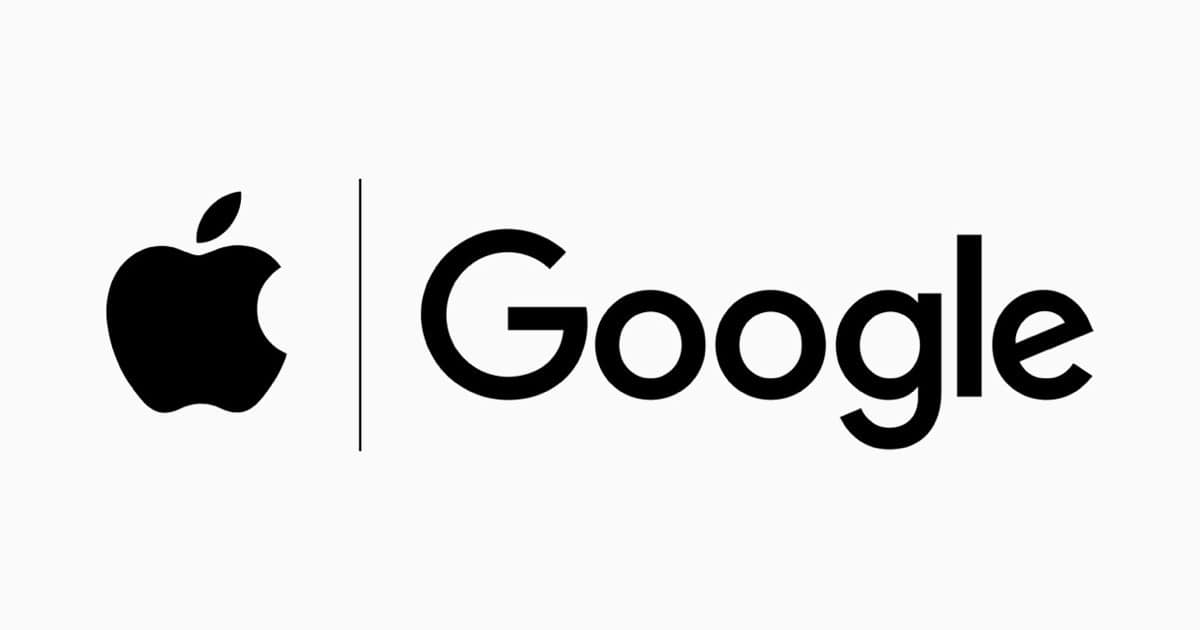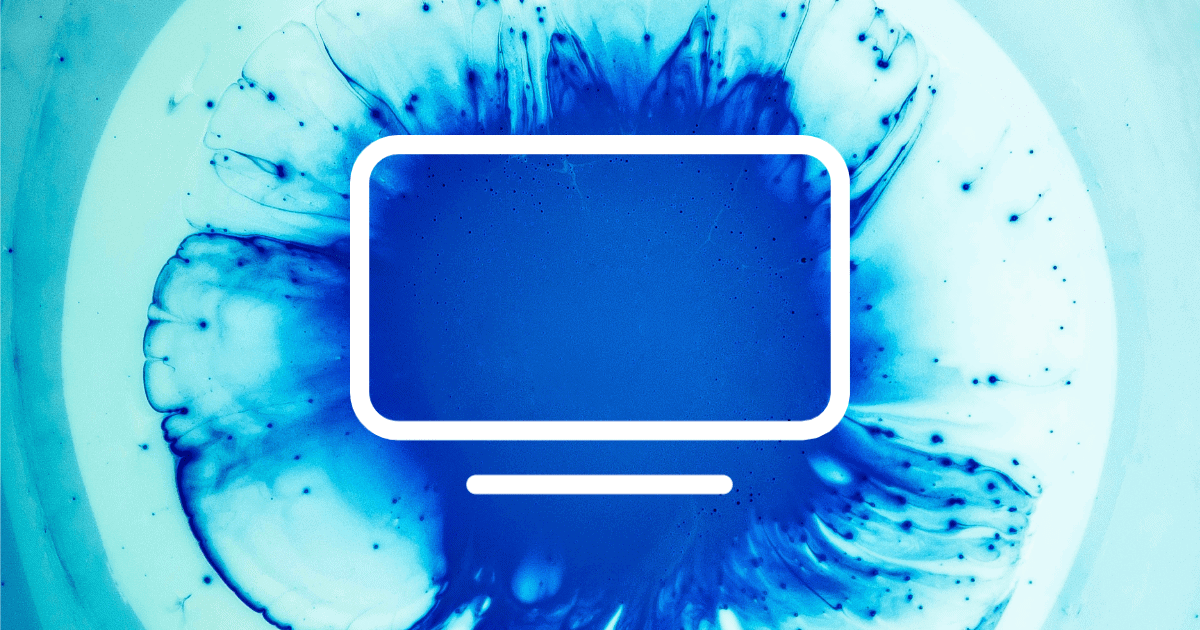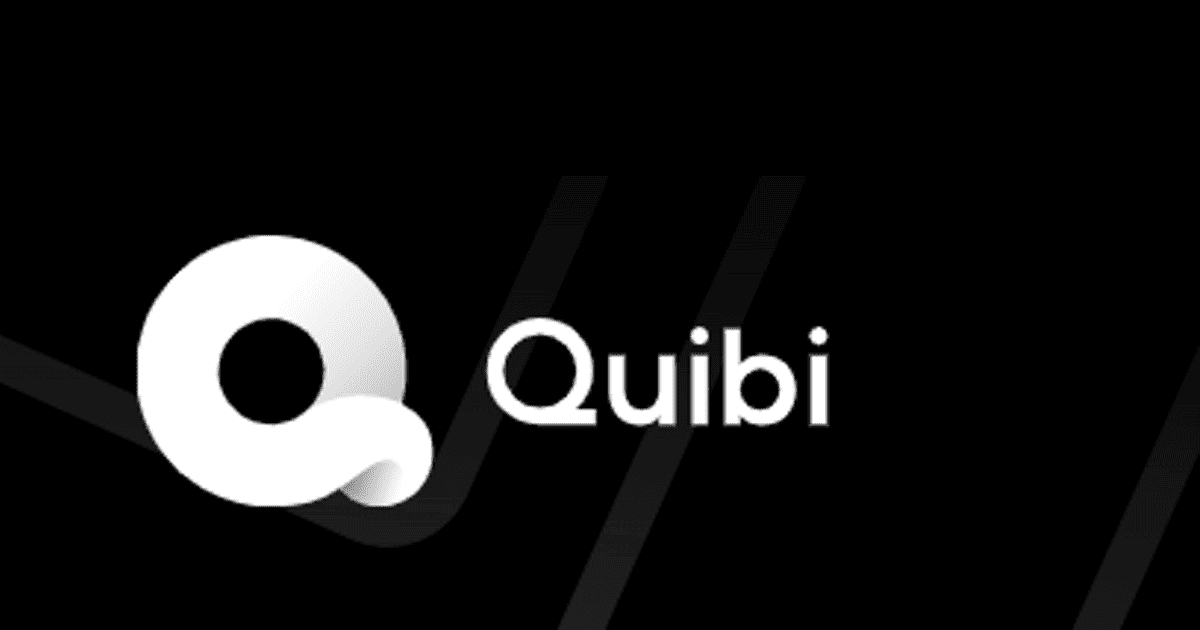On today’s episode of Daily Observations, we explained what contact tracing is. Now that I understand the technology, I’m okay with it at this early stage. But of course there are still privacy implications, this being one of them. The UK is planning to build an app that works with contact tracing, but a leaked memo shows a discussion about de-anonymizing users.
However, the memo stated that “more controversially” the app could use device IDs, which are unique to all smartphones, “to enable de-anonymisation if ministers judge that to be proportionate at some stage”. It did not say why ministers might want to identify app users, or under what circumstances doing so would be proportionate.

